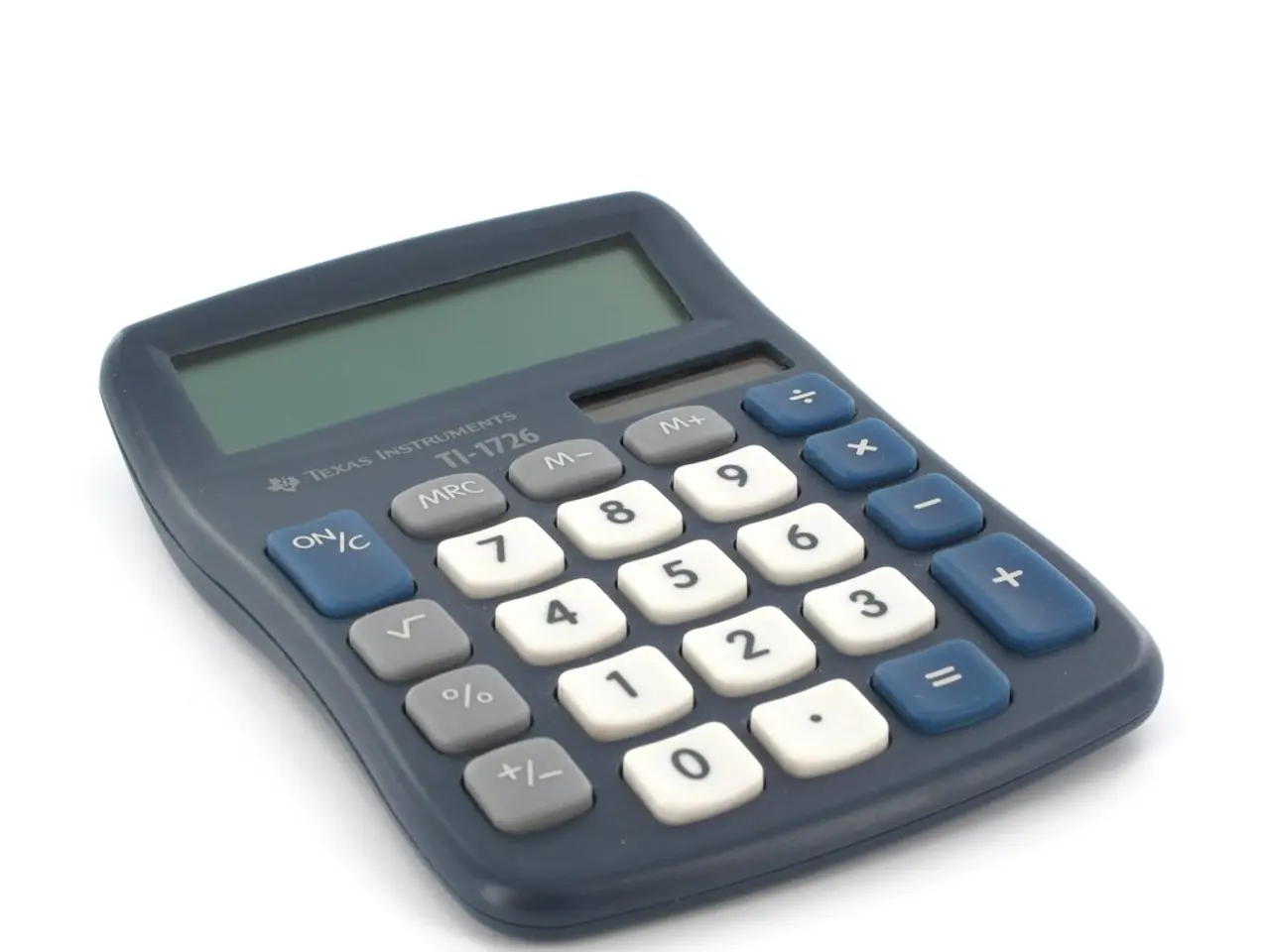Anticipated Decrease in Petrol Prices in UAE, Set for May
In the global oil market, a surprise decision by OPEC+ to increase production at a faster pace than anticipated has contributed to the current slide in oil prices. This development, coupled with the easing of geopolitical tensions in the Middle East and a drop in Brent crude prices, has brought some relief to consumers in the UAE.
For the month of May 2025, the expected petrol prices in the UAE were approximately AED 2.39 per litre for E-Plus 91, AED 2.47 per litre for Special 95, AED 2.58 per litre for Super 98, and AED 2.52 per litre for diesel (before a slight drop in June). The stable petrol prices in May were largely due to the falling Brent crude prices and the easing of regional tensions.
However, the peace was short-lived as renewed geopolitical tensions, such as the conflict between Israel and Iran and subsequent US military actions, caused volatility and pushed Brent crude prices higher in June. This led to a price increase of around AED 0.11-0.12 per litre across all petrol grades effective July 1, 2025 — the first significant rise after several months of price stability.
The UAE's petrol prices are directly tied to international benchmarks, a policy introduced in 2015 to support market deregulation. This monthly pricing mechanism allows global price changes to be passed onto consumers fairly quickly.
Looking ahead, there is an expectation for another potential drop in fuel costs in the UAE as May approaches, offering some relief to consumers and businesses. However, the exact direction of fuel prices in the coming months remains uncertain, with factors such as geopolitical stability, oil production, and global economic conditions playing significant roles.
The Khaleej Times reported on these developments in the oil market and its potential impact on fuel costs in the UAE. It's important to note that Washington has signaled a willingness to endure higher oil prices to achieve broader strategic goals, adding another layer of complexity to the oil market's movements.
In addition, the ongoing US tariff dispute and recession fears have weighed on global markets, contributing to the drop in Brent crude prices. Meanwhile, US sanctions targeting Iranian and Venezuelan oil exports continue to add a geopolitical layer to the market's movements.
As we navigate these uncertain times, keeping a close eye on global oil prices and their impact on fuel costs in the UAE will be crucial for both consumers and businesses alike.
- The UAE's petrol prices might decrease in May, providing relief to both consumers and businesses, based on the expectation of another potential drop in fuel costs, following the monthly pricing mechanism that ties local prices to international benchmarks.
- As geopolitical tensions in the Middle East resurface, such as the conflict between Israel and Iran, there's a possibility of higher Brent crude prices, which could result in a rise in petrol prices across all grades in the UAE, as seen in June 2025.
- Despite the ongoing US tariff dispute and recession fears, which have contributed to a drop in Brent crude prices, other factors like geopolitical stability, oil production, and global economic conditions remain crucial in determining the direction of fuel prices in the coming months, adding complexity to the oil market's movements.




